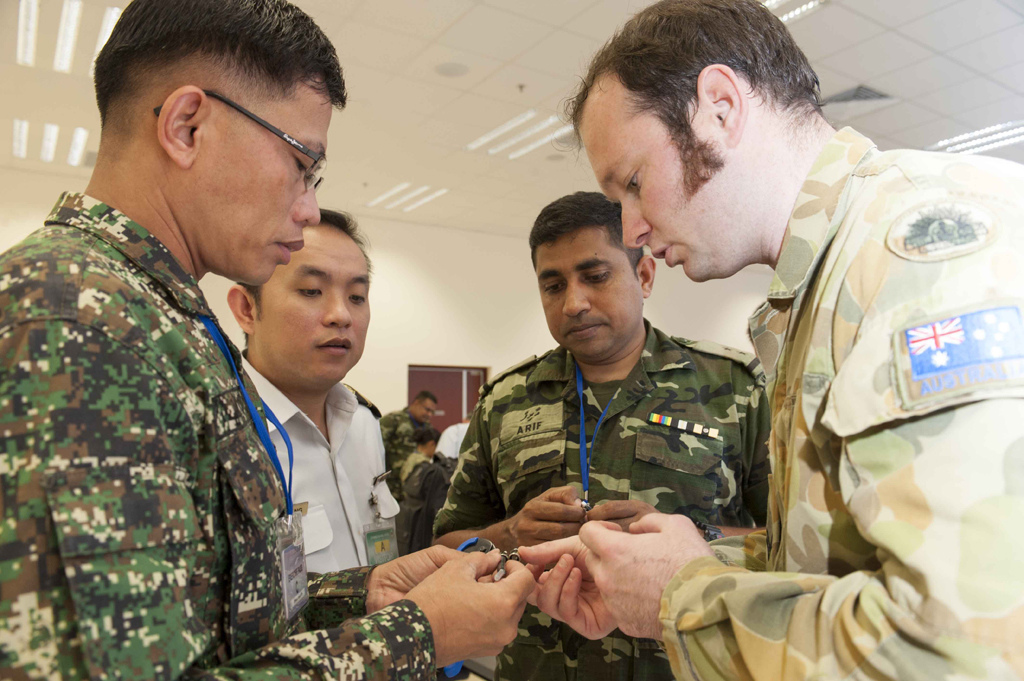
Training For Climate Change: Exercise Cooperation Spirit 2012
Today, the American Security Project proudly released the 2012 Climate Security Report. The report outlines the consequences of climate change on domestic and international security and offers insights into how the United States can address these problems.
When asked about what multilateral efforts are currently in place to plan for climate change or the natural disasters it can cause, ASP Board member Lieutenant General Daniel Christman (USA Ret.) highlighted an excellent example. Earlier this week in fact, the Australian Defence Force hosted the Chinese People’s Liberation Army and the New Zealand Defence Force in Brisbane for humanitarian assistance and disaster relief exercises. The operation, known as Exercise Cooperation Spirit 2012, is the first ever joint military exercise between the three nations focused on disaster relief and comes in the wake of countless natural disasters in East and Southeast Asia.
World Regions Affected by Natural Disasters, 2001-2010
Source: United Nations
The Australian Defence Force will host approximately seven New Zealander defense experts and thirty PLA military planners and medical personnel to participate in the drill from October 29-November 1. Five interest areas will form the agenda: the organization and planning of military humanitarian rescue and disaster relief, emergency response preparations, troop projection and support, command and control, force formation and armaments, organization and implementation of medical rescue.
Climate change has already acted as an accelerant of instability in the Pacific. For example, in Asia, ten of the most extreme natural disasters this century have occurred in the past fifteen years. China, Australia and New Zealand all have major cities with low lying infrastructure vulnerable to flooding, a gradual subsidization (sinking) of the land due to increasing urbanization, and lie in the direct path of extreme weather events like typhoons.
Joining the action in late November, the US will hold a joint drill on humanitarian rescue and disaster relief with Chinese military forces in Southwest China in Chengdu, Sichuan province. These types of multilateral training exercises are absolutely critical to international climate security; not only do they create an operational template for real crises, they also emphasize that climate change cannot be addressed by any one nation alone.
To read more about the effects of climate change on national and global security, we here at ASP encourage you to read the 2012 Climate Security Report. For a recap of the event launch, click here.





